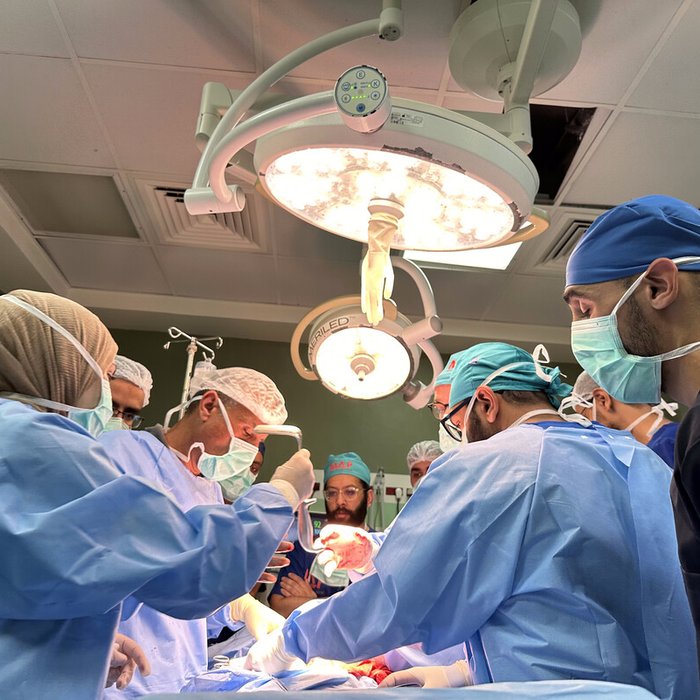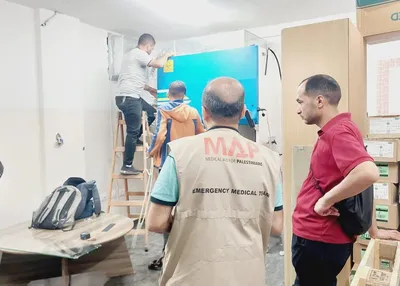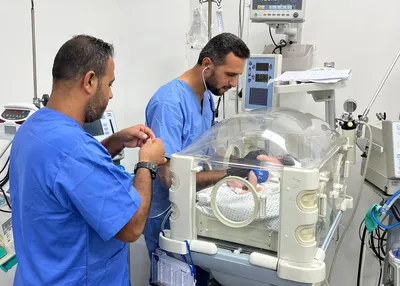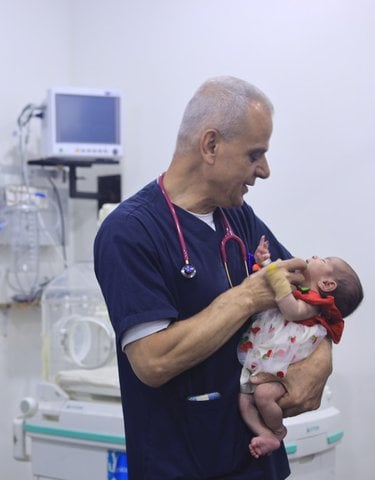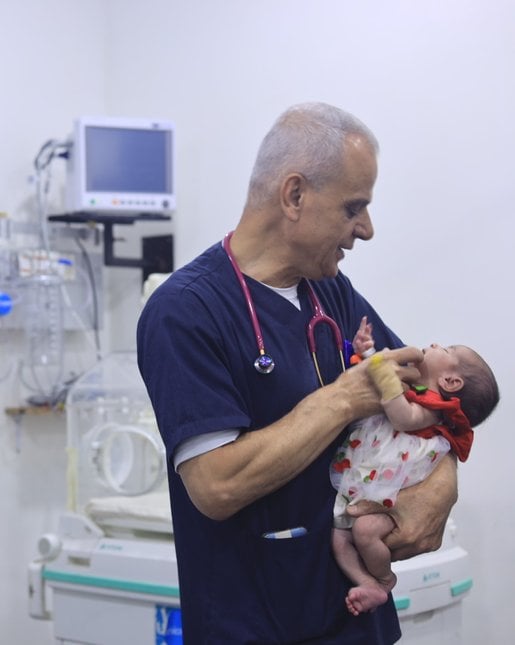Medical care and emergency response
On this page
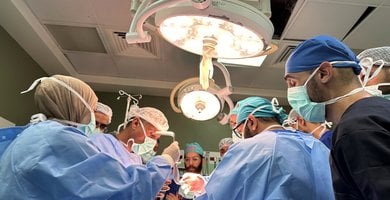
Palestinians in Gaza, the occupied West Bank, including East Jerusalem, and refugee camps in Lebanon are facing a growing health crisis. Decades of Israel’s occupation, violence, displacement, and discrimination have decimated healthcare systems, leaving hospitals destroyed, medical supplies scarce, and access to vital care dangerously limited.
Since October 2023, the humanitarian situation for Palestinians has worsened dramatically. Gaza’s healthcare system has been systematically destroyed by the Israeli military. The remaining, partially functioning, hospitals are overcrowded and overwhelmed with dangerously limited supplies. Emergency services are often delayed by Israel's restrictions in the West Bank, and people are unable to get the urgent care they need. Children, women, the elderly and those with chronic conditions are the worst hit.
Healthcare workers are working under extreme pressure, with little to no resources, and under constant threat of attack. Lives are being lost to preventable conditions. Urgent action is needed to restore emergency care, deliver vital medical supplies, and support healthcare workers on the frontlines.
MAP is there, every day, delivering urgent medical care to those who need it
- Standing side-by-side with Palestinians: we deliver urgent medical care where violence and displacement have destroyed healthcare systems.
- Rapid emergency response: when crises hit, we act fast, working with local partners to supply hospitals with life-saving essentials.
- Rebuild and recovery: we repair and refurbish hospital surgical units, wards, warehouses and other key infrastructure, and support local teams to resume critical services including cancer care.
- Support in Lebanon: when violence escalates, our teams are there, backing up overstretched clinics with critical support and supplies.
- Our work doesn’t stop with emergencies: we train local staff, equip hospitals and strengthen healthcare systems so they can prepare for future crises and improve their healthcare infrastructure in the hope that, one day, they won’t need us.
Our impact so far
patients had emergency surgeries or urgent medical care
ensuring life-saving treatment when and where it was needed most.
people across the West Bank received vital treatment and check-ups through our mobile clinics
bringing essential healthcare directly to communities who need it.
rapid emergency deployments in Gaza and Lebanon
providing emergency medical care and relief in times of crisis.
